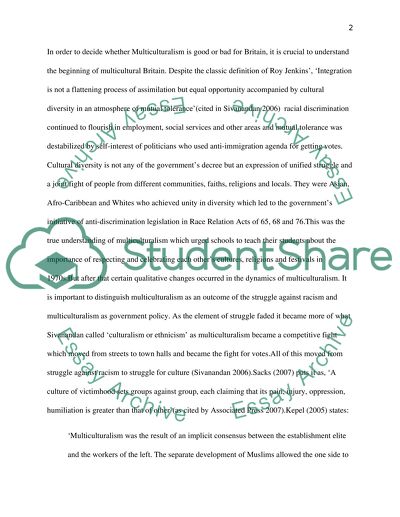Cite this document
(Is Multiculturalism Good for Britain Term Paper, n.d.)
Is Multiculturalism Good for Britain Term Paper. Retrieved from https://studentshare.org/social-science/1561728-is-multiculturalism-good-for-britain-or-how-important-is-the-uk-economy-in-shaping-british-society
Is Multiculturalism Good for Britain Term Paper. Retrieved from https://studentshare.org/social-science/1561728-is-multiculturalism-good-for-britain-or-how-important-is-the-uk-economy-in-shaping-british-society
(Is Multiculturalism Good for Britain Term Paper)
Is Multiculturalism Good for Britain Term Paper. https://studentshare.org/social-science/1561728-is-multiculturalism-good-for-britain-or-how-important-is-the-uk-economy-in-shaping-british-society.
Is Multiculturalism Good for Britain Term Paper. https://studentshare.org/social-science/1561728-is-multiculturalism-good-for-britain-or-how-important-is-the-uk-economy-in-shaping-british-society.
“Is Multiculturalism Good for Britain Term Paper”, n.d. https://studentshare.org/social-science/1561728-is-multiculturalism-good-for-britain-or-how-important-is-the-uk-economy-in-shaping-british-society.


